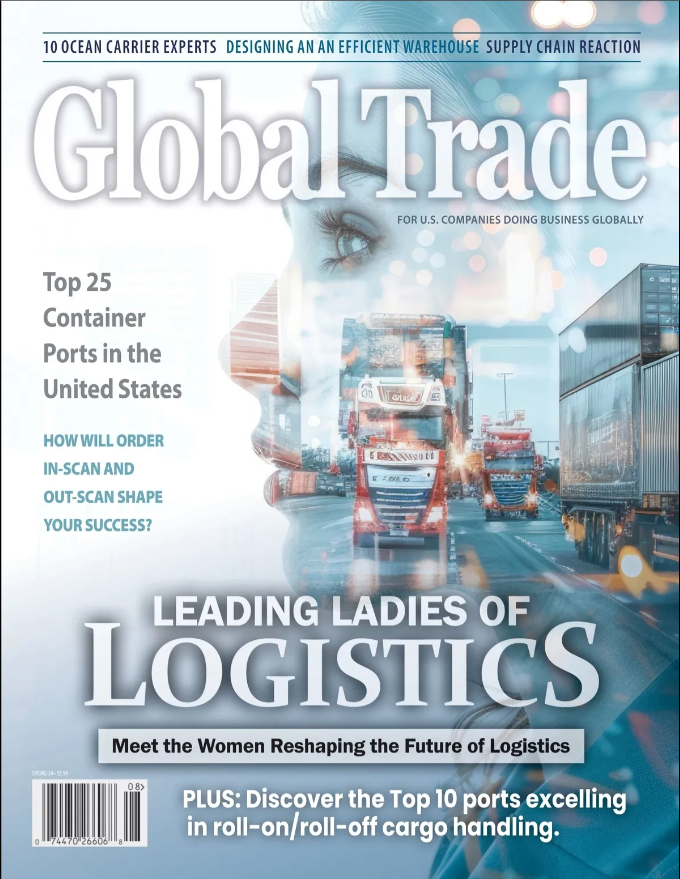St. Louis Region Poised to Thrive Amid Global Supply Chain Disruptions
Ongoing conflicts in the Red Sea, low water levels in the Panama Canal, and other geopolitical incidents have led to unprecedented challenges for the global supply chain, according to Panos Kouvelis. Addressing these issues during a virtual panel session at FreightWeekSTL 2024, Kouvelis, the Emerson Distinguished Professor of Supply Chain, Operations and Technology at Washington University’s Olin Business School and Director of The Boeing Center for Supply Chain Innovation, discussed how these disruptions create opportunities for the St. Louis region. He emphasized the importance of building resilient supply chains, diversifying sources, and strategically positioning the region for the future, given its role as a global freight hub.
Read also: St. Louis Regional Freightway Unveils $8 Billion Priority Projects List for 2025
Kouvelis highlighted that the current and future supply chain risks differ significantly from those faced during the COVID-19 pandemic. While the pandemic’s impact stemmed from changes in consumer behavior and supply shortages, today’s risks are more complex, encompassing environmental, geopolitical, and social responsibility issues. Tensions between the United States and China, particularly given the heavy dependence on Chinese supply chains, further complicate these challenges.
Conflicts like the Russia-Ukraine war and the Israel-Hamas war have disrupted critical trade routes, affecting companies in the St. Louis region, such as Bunge, Bayer, Emerson, Belden, and Millipore Sigma. Kouvelis stressed the need for the U.S. to develop resilient supply chains and consider new types of risks.
Kouvelis pointed out that America’s dependence on China for critical supply chains, including renewable energy, solar panels, batteries, electric vehicles, pharmaceuticals, and electronics, necessitates a strategy for de-risking and decoupling. This could involve creating regional supply chains and diversifying suppliers in Central America, Mexico, or South America.
The semiconductor industry presents a significant opportunity for the U.S., given its leadership in knowledge and design. Kouvelis suggested investing in U.S. manufacturing capacity and collaborating with allied countries to maintain control over critical technologies. Similar strategies could apply to biosciences, agribusiness, and pharmaceuticals.
For the St. Louis region, recognized as a global freight hub, the current supply chain disruptions present unique opportunities. The region boasts the most efficient inland port in the nation, significant infrastructure investments, and flexible logistics capabilities. Kouvelis emphasized the importance of continued local investment and workforce development to attract re-shored manufacturing.
Mary Lamie, Executive Vice President of Multimodal Enterprises for Bi-State Development, which operates the St. Louis Regional Freightway, echoed Kouvelis’s insights. She noted that while supply chain disruptions pose challenges, they also offer opportunities for the St. Louis region to improve shipping alternatives and attract future investments.
FreightWeekSTL 2024 continues through May 17, offering additional virtual panel sessions with industry experts. For more information or to register, visit FreightWeekSTL.com.





Leave a Reply